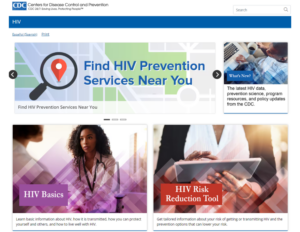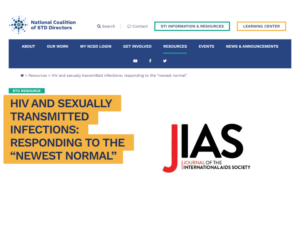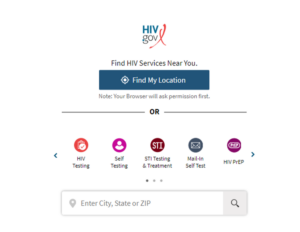NCFH has developed the Sexual Health Resource Hub (SHRH) to share vital information and resources about sexual, including sexually transmitted infections (STIs), the Human Immunodeficiency Virus (HIV), the acquired immunodeficiency syndrome (AIDS), and more, for Migratory and Seasonal Agricultural Workers (MSAWs) and healthcare providers who serve this population. The SHRH provides access to sexual health education resources, such as infographics, handouts, and more developed by NCFH and other national organizations like the Centers for Disease Control and Prevention (CDC), the World Health Organization (WHO), among others.
The World Health Organization defines sexual health as a state of physical, emotional, mental, and social well-being in relation to sexuality; it is not merely the absence of disease, dysfunction or infirmity. Sexual health requires a positive and respectful approach to sexuality and sexual relationships, as well as the possibility of having pleasurable and safe sexual experiences.

NCFH Resources
Female Migratory and Seasonal Agricultural Workers: How Pesticides Can Affect You and Your Baby? This resource provides female Migratory and Seasonal Agricultural Workers (MSAW) who are planning on becoming pregnant or are having a baby soon, with materials, risk factors, side effects and tips on preventing pesticide exposure.
Testing
Prevention
Treatment
CDC-INFO: 1-800-CDC-INFO (1-800-232-4636)
HIV info: 1-800-HIV-0440 (1-800-448-0440)
Clinicians’ Warmline: 1-800-933-3413
Perinatal HIV Hotline: 1-888-448-8765
PrEPline: 1-855-448-7737
PEPline: 1-888-448-4911
Centers for Disease Control and Prevention (CDC)

National Coalition of STD Directors

National Coalition for Sexual Health

